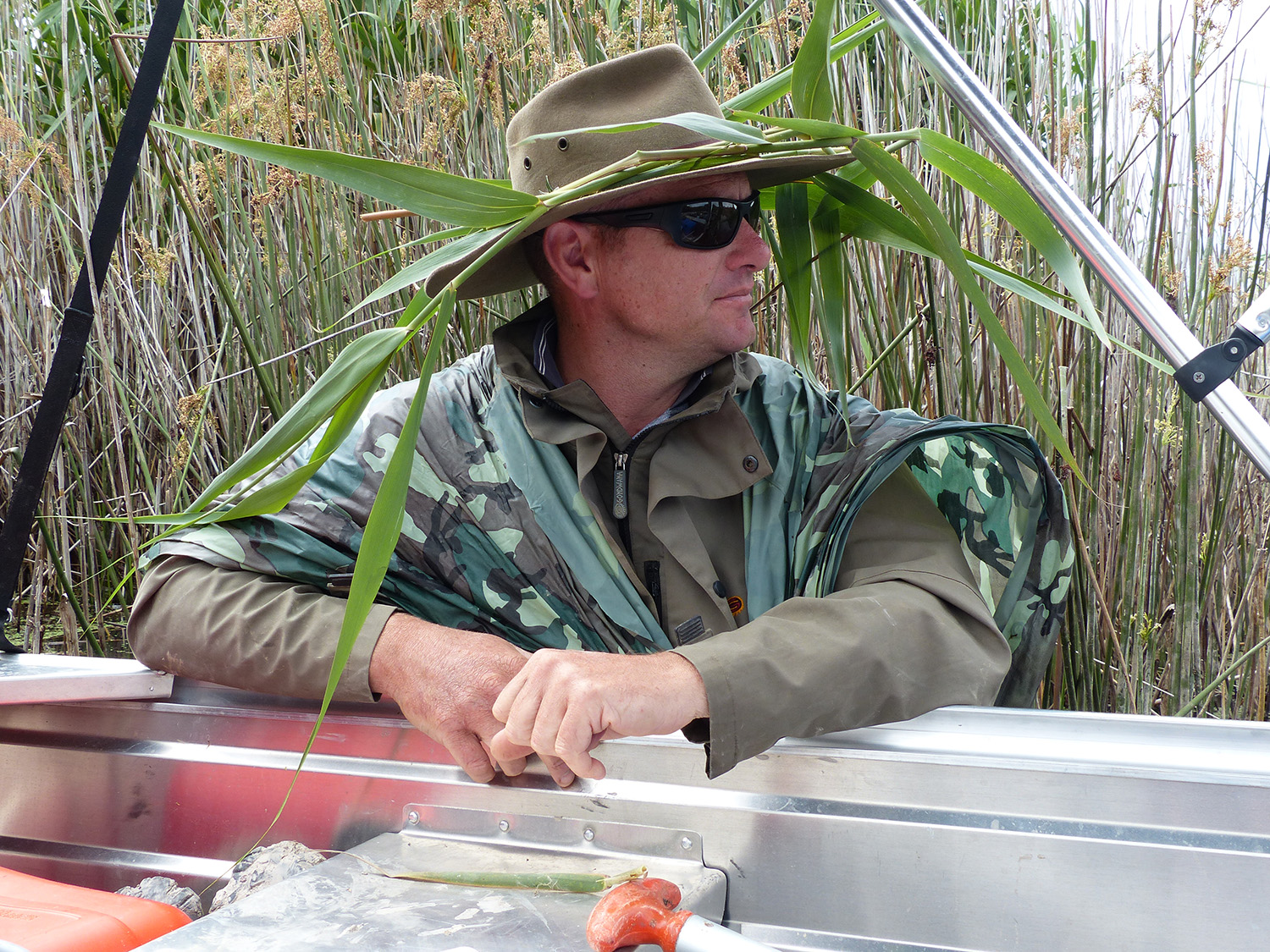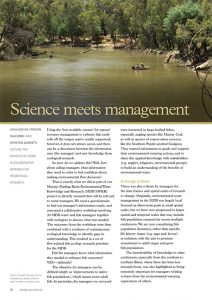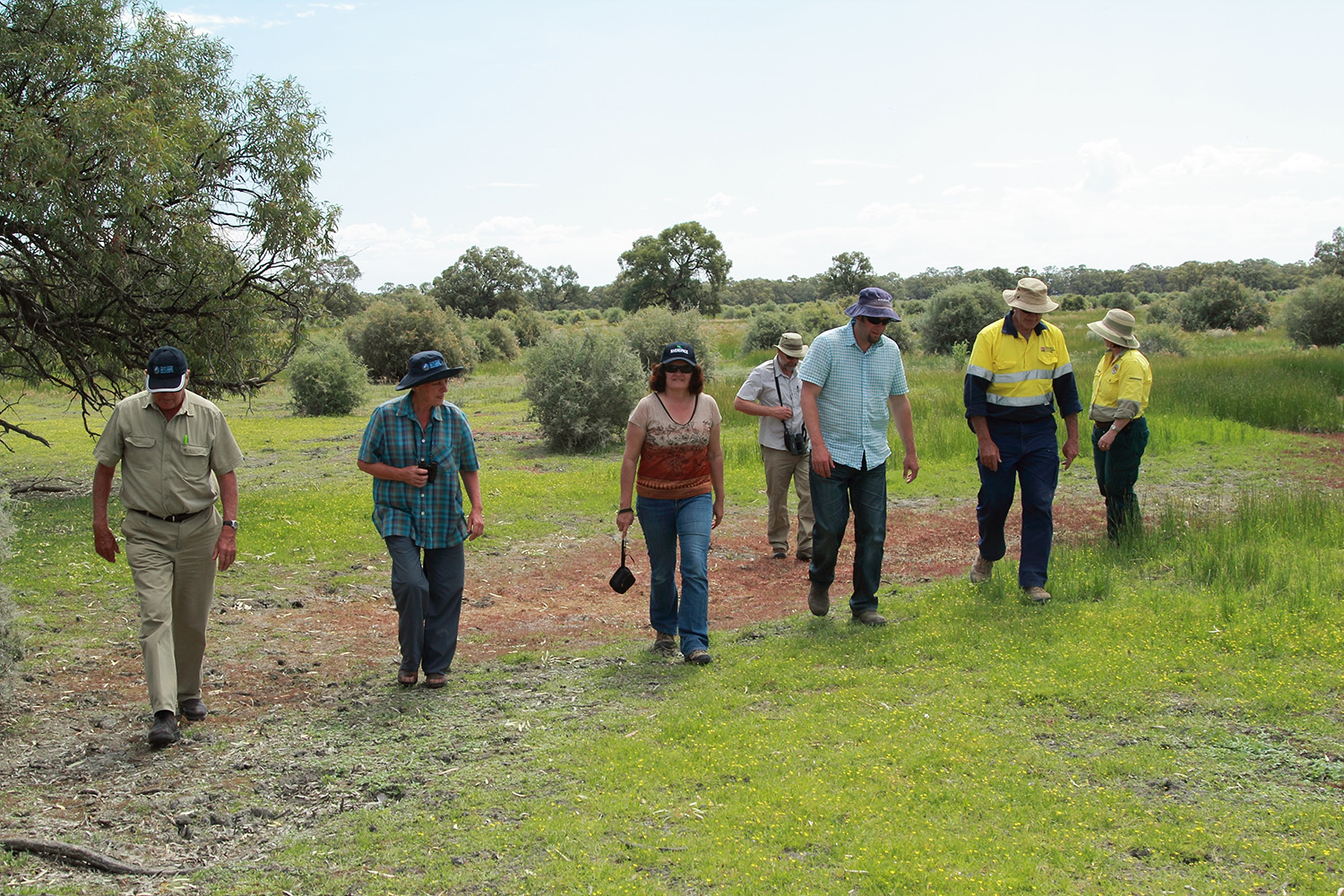Authors: John Koehn, Stephen Balcombe and Brenton Zampatti
Using the ‘best available science’ for natural resource management is a phrase that easily rolls off the tongue and is readily supported, however, it does not always occur, and there can be a disconnect between the information user (the manager) and new knowledge from ecological research.
So, how do we address this? Well, how about asking managers what information they need to feel confident about environmental flow decision making?
That is exactly what we did as part of our MDB EWKR project to identify research that will be relevant to water managers. We used a questionnaire to find out manager’s information needs, and convened a collaborative workshop involving 30 Murray-Darling Basin (MDB) water managers and fish ecologists to discuss what was needed. The outcomes from the workshop were then combined with a synthesis of contemporary ecological knowledge to identify gaps in understanding. This resulted in a set of flow-related fish ecology research priorities for the MDB.
Did the managers know what information they needed to enhance fish outcomes? YES – definitely!
The objective for managers can be defined simply as ‘improvements to native fish populations’, which means more adult fish. In particular, the managers we surveyed were interested in large-bodied fishes, especially angling species like Murray cod, as well as species of conservation concern, like the Purple spotted gudgeon. They wanted information to guide and support their environmental watering actions, and to share this knowledge with stakeholders (e.g. anglers, irrigators, environmental groups) to build an understanding of the benefits of environmental water.
A change in focus:
There was also a desire by managers for the time frame and spatial scale of research to change. Originally, environmental water management in the MDB was largely local focussed on short-term goals at small spatial scales, but we have now progressed to larger spatial and temporal scales that may include fish population connectivity across multiple catchments. We are now considering fish population dynamics, rather than specific life history stages (e.g. eggs and, larvae) in isolation; with the aim to promote recruitment and grow self-sustaining fish populations.
The transferability of knowledge to other catchments, especially from the southern to northern Murray-Darling Basin, where there has been less research focus, was also highlighted as being extremely important for managers wishing to learn from the environmental watering experiences of others.

State of knowledge:
In response to the priorities identified by managers we undertook a synthesis of the current state of knowledge of the flow related ecology of fishes in the MDB from the literature. Whilst our knowledge has grown rapidly over the past decade, there are still many gaps. Most of our knowledge is for larger-bodied species, in relation to both life-stages and recruitment, especially Black bream, Golden perch and Murray cod.
More needs to be known about Freshwater Catfish and Silver perch, and we have much to learn about small-bodied species, particularly those of conservation concern like Southern pygmy perch. There remains limited knowledge of relative rates of survival and growth between life stages and how these are influenced by flow. For example, understanding the survival and development of the flow responsive species Golden and Silver perch from larvae to adults are key priorities for research.
Research built on relationships:
Whilst we found there was general agreement between ecologists and managers on what research is needed, we learnt that managers also have clear views on the types of relationships they want with researchers. Managers want collaborative relationships with their scientific counterparts that allow them to learn about the latest results and to discuss knowledge needs and likely outcomes of their actions. They wanted researchers to be adventurous, and to learn from the many flow experiments that they conduct.
Closer relationships build trust and allow both sides to develop a common understanding and language. Presentations at the end of a research project may not be enough. Conversations need to be on-going and include discussions around issues such as trade-offs, or ecosystem constraints to achieving objectives. Such two-way learning will greatly support flow management outcomes for fish across the MDB.
We found working with managers and scientists on this project to be both insightful and rewarding, and are now keen to act on the recommendations outlined in this article.

For more information:
- contact Fish Theme Co-ordinator, Amina Price: amina.price@latrobe.edu.au
- John Koehn: john.koehn@delwp.vic.gov.au
- Brenton Zampatti: brenton.Zampatti@sa.gov.au
- Stephen Balcombe: s.balcombe@griffith.edu.au
Related links:

